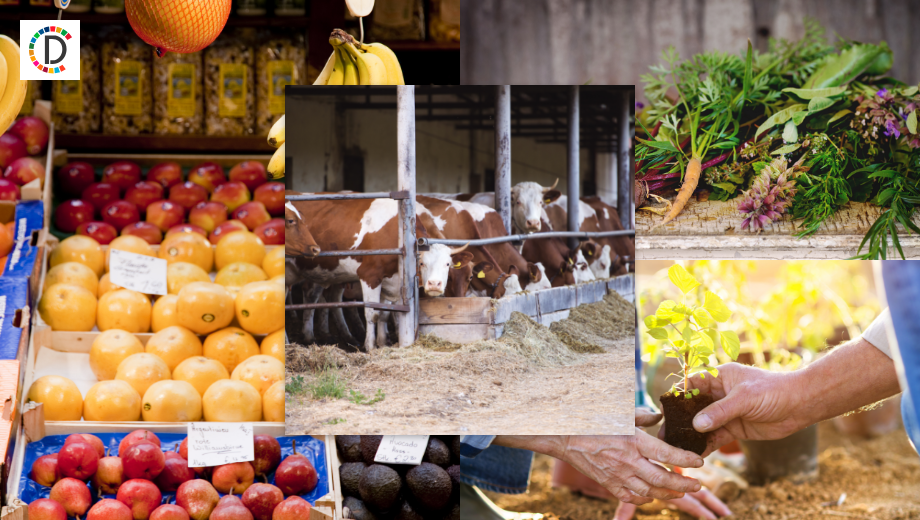Indigenous Land Battles: Farming on the Frontline in Brazil
In Brazil, Indigenous communities are reclaiming and farming previously degraded lands. Assisted by government subsidies, these efforts face political backlash as Congress attempts to criminalize Indigenous land reoccupation. The program promotes traditional agriculture while aiming to reduce emissions linked to deforestation and industrial farming practices.

In Brazil's Midwest, Indigenous communities, notably the Guarani and Kaiowá, are reclaiming degraded lands from private ranchers and transforming them into productive farmlands. Despite the ground's previous degradation due to cattle overgrazing, these communities have succeeded in revitalizing the land through traditional farming methods.
The recent shift in a federal program has enabled Indigenous communities to sell produce to the government without land titles, which has significantly supported their agricultural endeavors. The initiative represents an effort to diminish deforestation and regenerate farmland, tackling Brazil's primary source of greenhouse gas emissions.
However, these advancements are threatened by Brazil's Congress, which aims to outlaw recent Indigenous land reoccupations. This move could undermine the government's subsidy programs, which have facilitated food distribution to vulnerable communities and have challenged the dominance of agribusiness-led deforestation. The Supreme Court's pending decision on the constitutionality of the land claim law is a critical moment for Indigenous rights.
(With inputs from agencies.)










